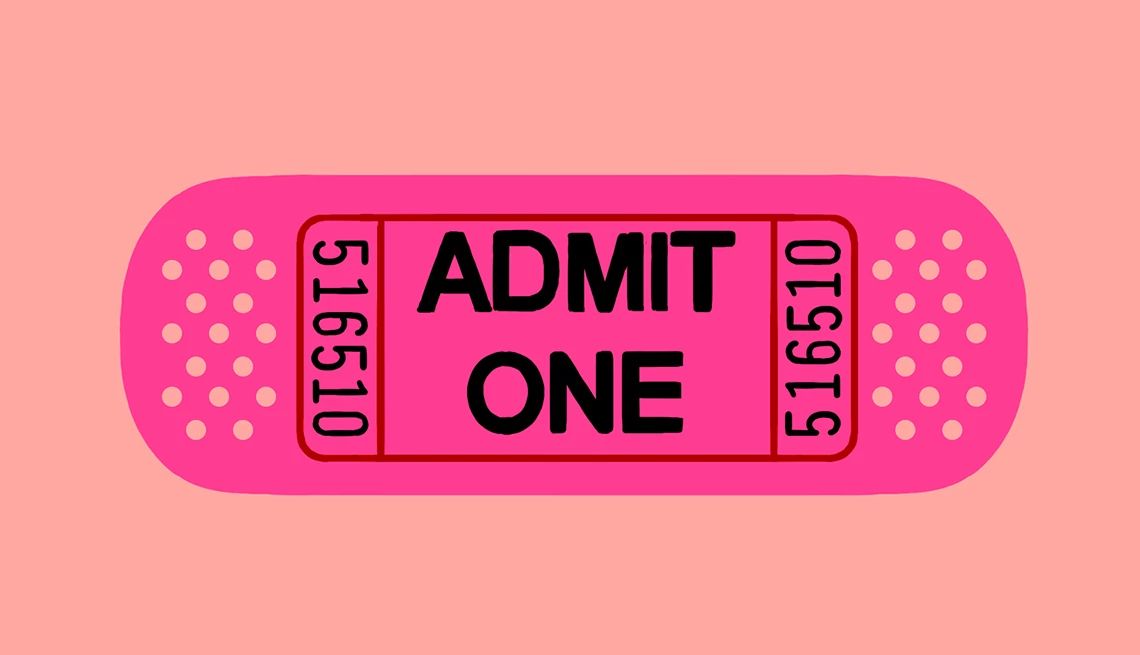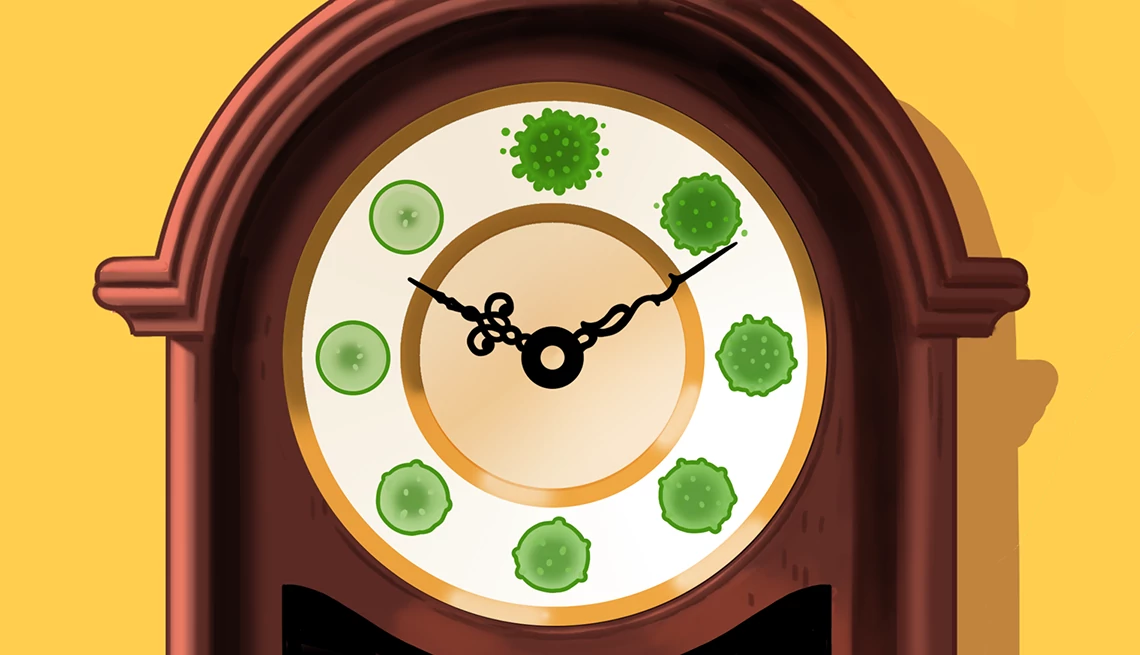AARP Hearing Center


When the cold air arrives, so does a flurry of viruses, including those that cause cold and flu.
Not helping matters: When it’s chilly out, people spend more time inside, speaking, coughing and breathing close to each other. Winter’s drier air also gives germs an assist by allowing them to travel farther and survive longer than in warmer, more humid conditions.
Each year, millions of Americans come down with the flu; even more catch a cold, often multiple times, according to the Centers for Disease Control and Prevention. Still, myths about causes and cures persist.
Here’s what’s true — and what isn’t.
Myth 1: Being cold makes you catch a cold.
Going outside in cold weather without a jacket or, say, with wet hair — will that make you catch a cold? Actually, no. This one is a myth.
“Just getting cold doesn’t lead to illness,” says James Conway, M.D., a professor of pediatrics at the University of Wisconsin School of Medicine and Public Health who serves as medical director of its immunization program. “It just happens to be a coincidence that people get sick during cold weather when they’re around cold, drafty conditions. But there’s really no relation whatsoever.”
That said, if you’re already sick, being out in the cold might keep you sicker for longer. “If your body is fighting off a cold, and then you compound it with the stress of trying to stay warm, it may affect the recovery period of getting over a cold,” says Lilly Immergluck, M.D., a professor of microbiology, biochemistry and immunology at the Morehouse School of Medicine in Atlanta.
So even though being cold won’t make you catch a cold, it is true that frigid temperatures tax your immune system, because your body must work harder to maintain its typical temperature.

































































)
)















More From AARP
What to Know About The COVID BA.2.86 Variant
The new strain has health experts concernedHow Bad Will Flu Season Be This Year?
Older adults urged to get influenza vaccines in early autumn
What Older Adults Need to Know About RSV
Cases of the virus are spiking throughout the U.S.